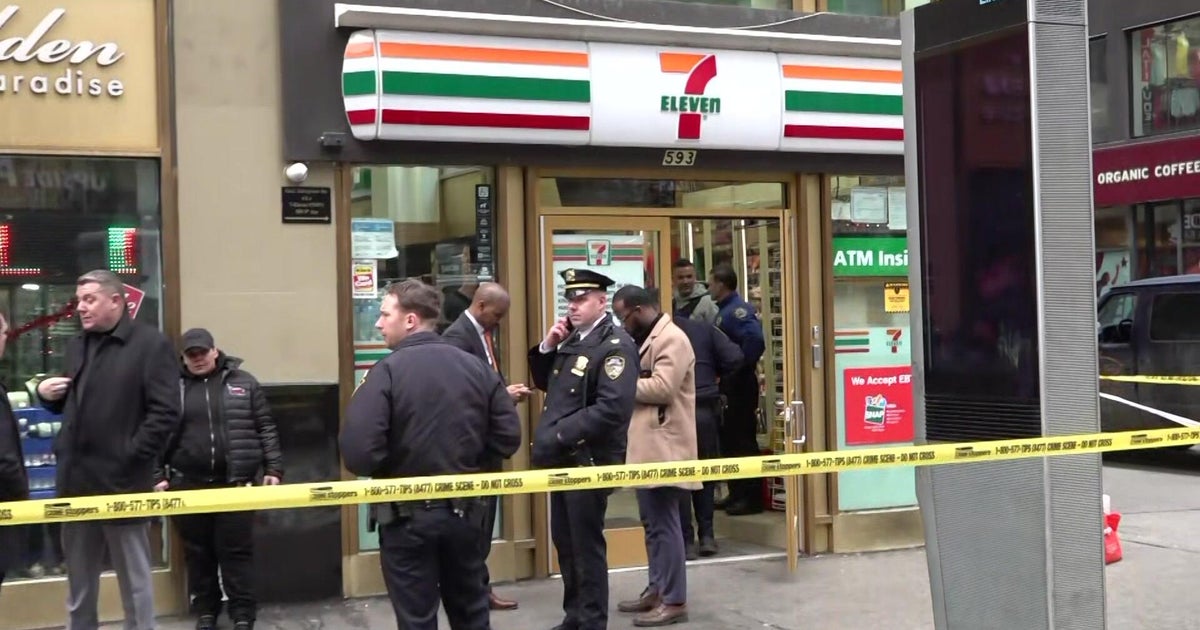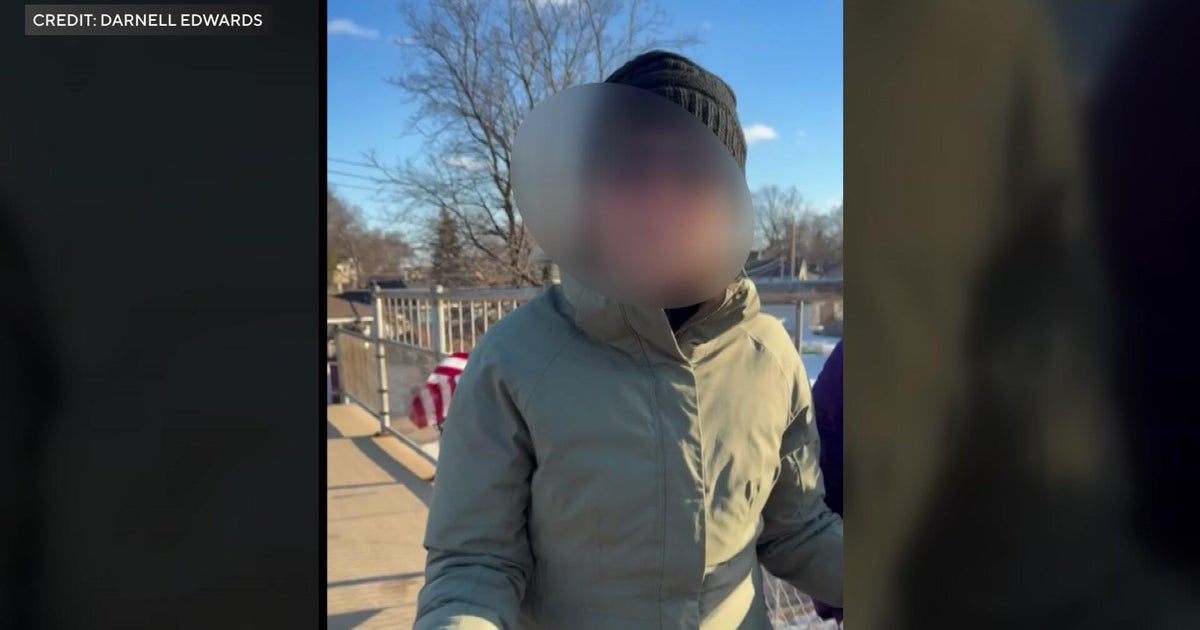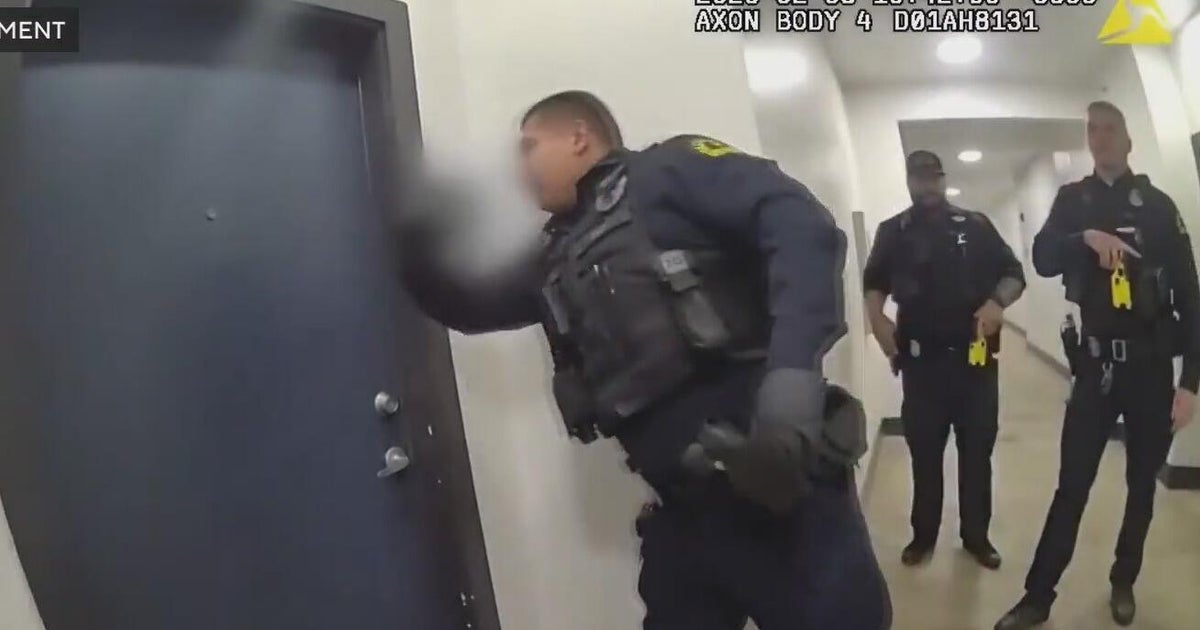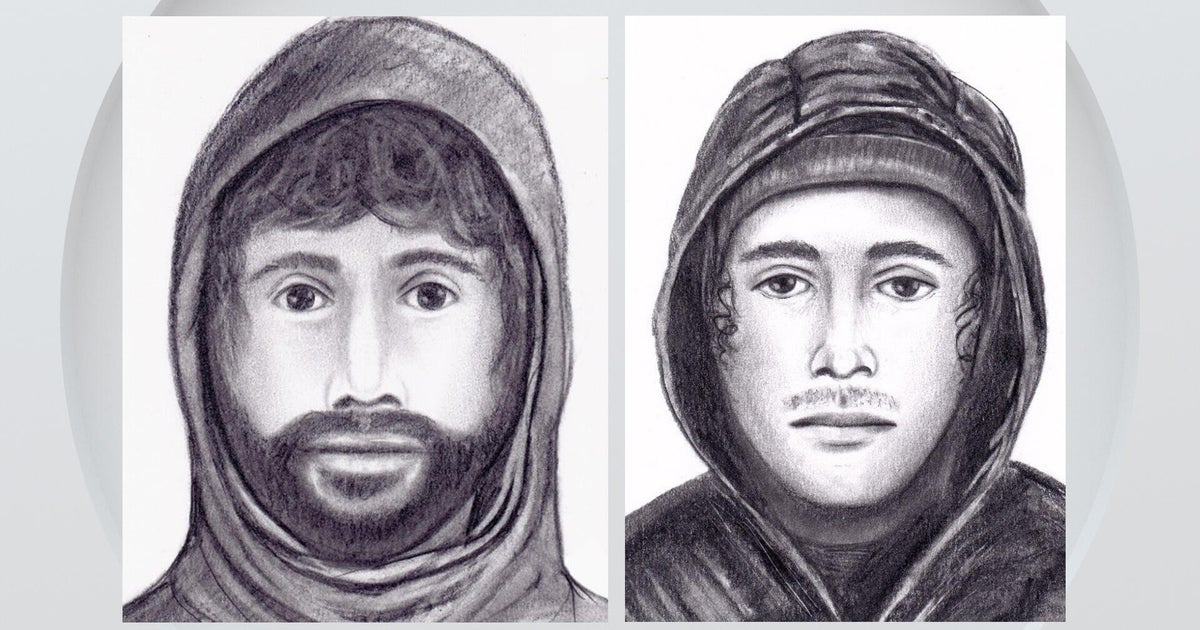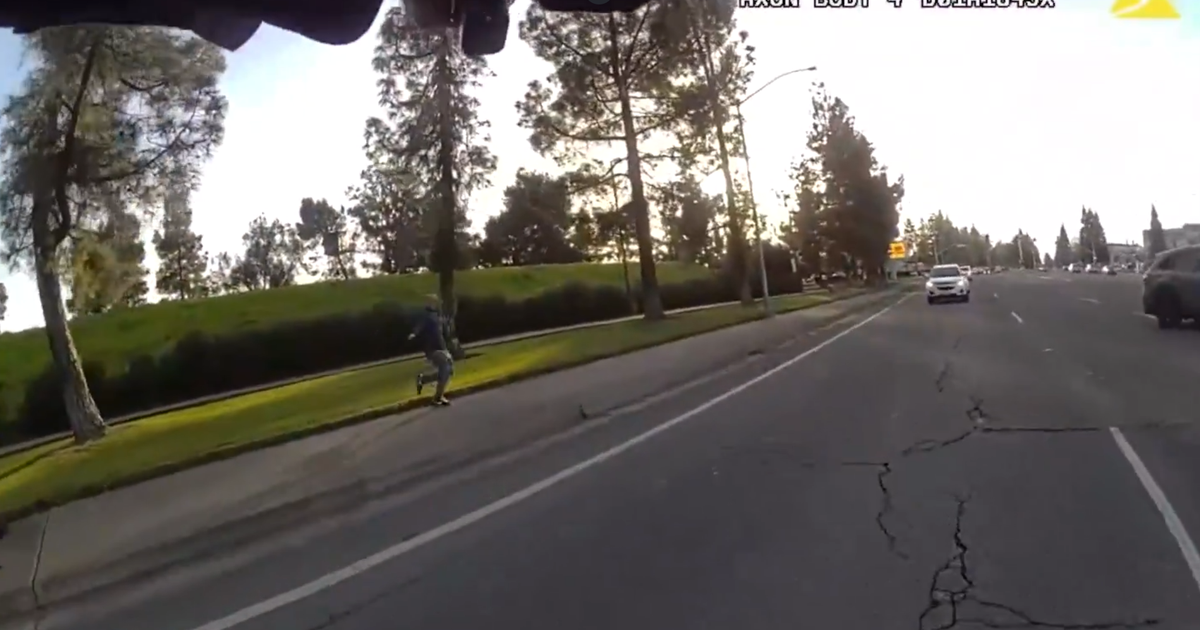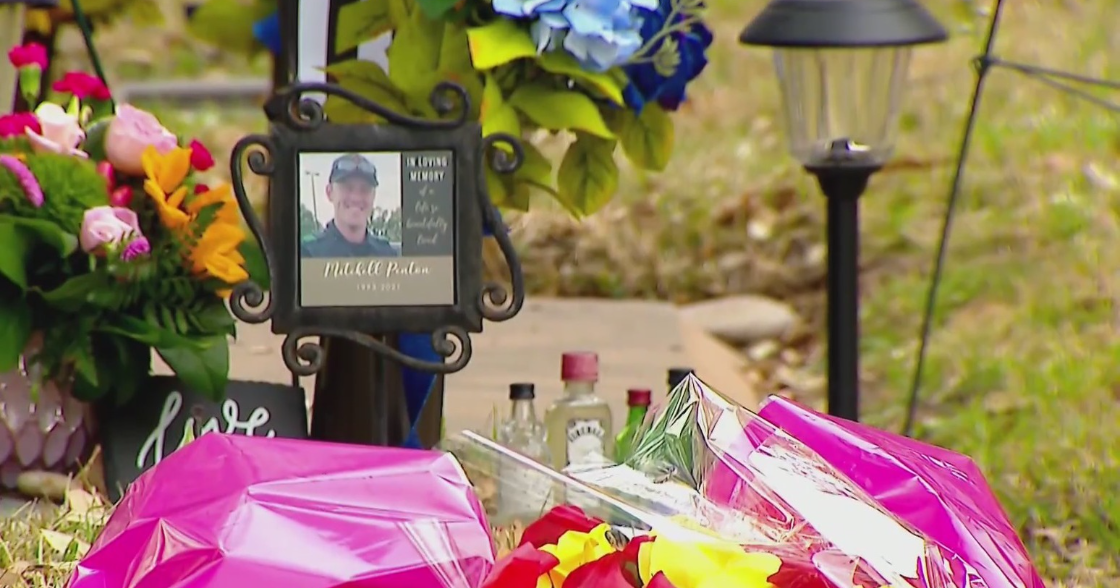1 Year After George Floyd's Death, Calls For Police Reform Continue At Local And National Level
NEW YORK (CBSNewYork) -- Tuesday marked one year since George Floyd was killed by a police officer in Minneapolis.
His death reignited the fight for police reform across the country in the form of countless protests.
Hundreds of people took to the streets on Tuesday, day into night, at times taking over the Brooklyn Bridge, honoring Floyd on the anniversary of his death, CBS2's Ali Bauman reported.
"I think the uprising that occurred over the summer was a start, but we can't stop marching. We can't stop protesting until we get some real change," protester Jason Warwin said.
It was an emotional day for the mother of Mohamed Bah, who was shot and killed inside his Manhattan apartment by NYPD officers in 2012.
"People like me will never have justice here," Hawa Bah said.
The somber anniversary renewed the fight for police reform.
"Our demands were clear last year. They're clear this year. We want to defund the police and reinvest in communities and really solve the problems that plague communities," protester Keli Young said.
PROTESTS AND POLICE REFORMS
- Writer David Simon, The Wire Creator, Discusses Policing In America With CBS2's Maurice DuBois
- Guidance For Parents On How To Talk To Children About Race, Police, And Witnessing Traumatic Events
- CBS2 Speaks With Members Of Cure Violence Group Man Up! Inc.
- NYC Public Advocate Jumaane Williams On What's Next When It Comes To Race
- Documentary Filmmaker Marshall Curry Discusses Where The Conversation Goes From Here
- Schomburg Center Releases 'Black Liberation Reading List'
- Black Parents Describe Tough Conversations About Racism With Their Children
- Complete CBS2 Coverage
Earlier in the day, the Rev. Al Sharpton invited Mayor Bill de Blasio and the mayoral candidates to a rally at the National Action Network in East Harlem.
As CBS2's John Dias reported, a smaller yet symbolic event was held in Lower Manhattan with notable civil rights leaders.
"In honor of George Floyd, we are saying that we want legislation and reparations," said Hawk Newsome, co-founder of the Greater New York chapter of Black Lives Matter.
They gathered by the Holland Tunnel, where they kneeled for 9 minutes and 29 seconds -- the same amount of time former Minneapolis Police Officer Derek Chauvin was caught on video kneeling on Floyd's neck. Chopper 2 was overhead as they were taken into custody for obstructing traffic.
Chauvin was convicted of murder and manslaughter last month. Three other officers are also facing trial.
But Floyd's brother says the family's fight is far from over.
"This is just the beginning," Terrence Floyd, told CBS2's Kiran Dhillon over the weekend. "A lot of negatives turned into positives in this year... We have a long way to go."
"George Floyd was a martyr. He allowed Americans to see that a Black man is a human being," said Chivona Newsome of the Greater New York chapter of Black Lives Matter.
"Imagine how long that was on a human being's neck, never switched knees. Just dug in," Sharpton said.
Floyd's murder was witnessed around the globe and has been a flashpoint for the reignited movement, CBS2's Aundrea Cline-Thomas reported.
"Jim Crow may be dead. He has some nieces and nephews that are alive and well," Rep. Hakeem Jeffries said.
But the fight has lasted for generations.
"From Eleanor Bumpurs to Anthony Baez; from Anthony Baez to Abner Louima; from Abner Louima to Amadou Diallo; from Amadou Diallo to Patrick Dorismond," Jeffries said.
The list is long and includes Eric Garner, who died in 2014 after a prohibited chokehold by a police officer.
Nearly seven years later, Garner's family continues its quest for accountability. On Tuesday, the presented oral arguments before the New York State Supreme Court, seeking a review of the case and questioning if it highlights a systemic issue within the Police Department.
"Eric Garner said what we saw George Floyd say and that is that 'I can't breathe,'" Sharpton said.
De Blasio admitted he, himself, has learned a lesson this year, which showed he didn't handle the death of Garner the right way. Garner died in 2014 after a prohibited chokehold by a police officer.
"I believed at the time that the right thing to do was to defer to the U.S. Department of Justice. That proved to be a mistake. I own that," the mayor said.
The mayor also pressed Washington to pass the George Floyd Justice in Policing Act, which includes a ban on chokeholds and no-knock warrants. It stalled in the Senate.
"The Senate must pass this act to create fairness all over this country," de Blasio said.
NYPD Commissioner Dermot Shea said the year has been a time for reflection.
"This is about, you know, a man that lost his life. A lot's happened since then," he said in an interview Tuesday.
While some have pushed back, saying police are being unfairly demonized, 36 states have passed some form of police reform since Floyd's death, including cities like New York.
"We've been working on things that we can do better as a police department," said Shea.
CBS2's Ali Bauman and John Dias contributed to this report
